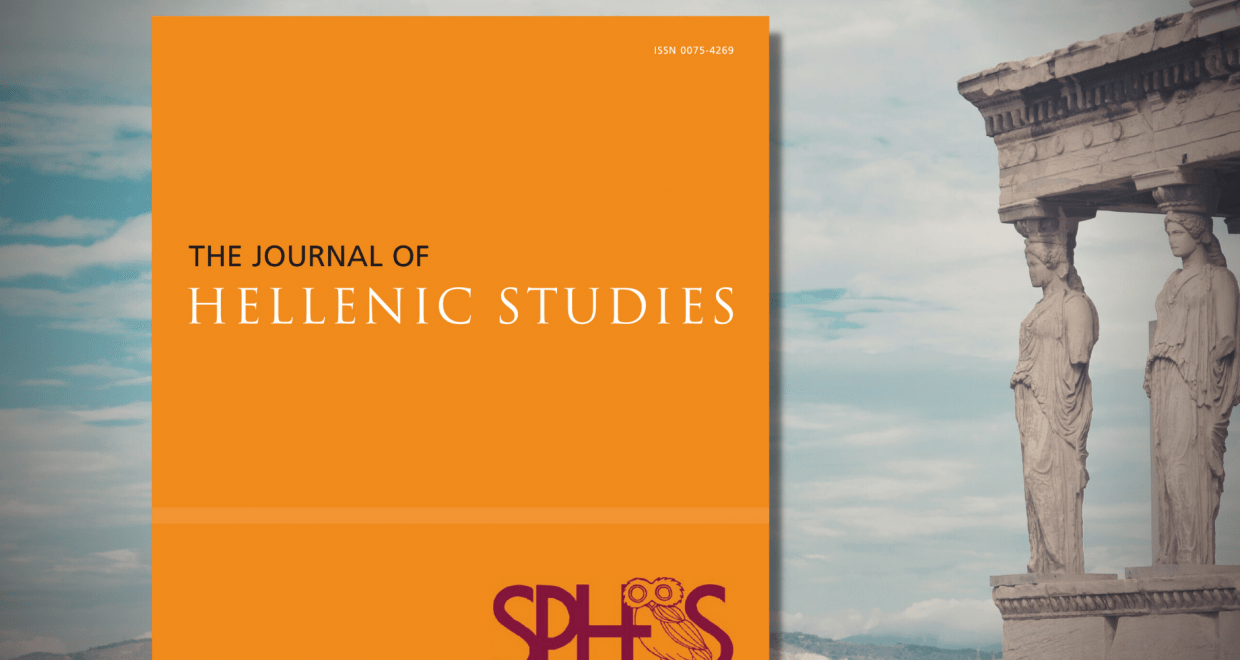A new-look Journal of Hellenic Studies sets its sights on publishing improvements
The Journal of Hellenic Studies is making some key improvements which will better support authors and readers.
Most importantly, from 17 August 2022, contributions to the journal should be submitted using the new online submission system on the Cambridge Core website. Invitations to review books will also be sent out and managed using this new system.
From the 2022 issue, the journal will appear in an updated format which will enable authors to present key information including ORCID IDs, funding and data sources, permissions and acknowledgements in more standard ways. This will facilitate the capture and indexing of JHS articles and authors by global bibliographic search tools such as SCOPUS and Web of Science.
The print version in the new format will have slightly more content and page space, but its physical size will be a little smaller than the previous format. As always, the print version of JHS will appear in black-and-white. However, the online version will be in colour.
Henceforth, all book reviews will be published online only. Research articles and review articles will be published both online and in the printed journal. There is also an option to publish online-only supplementary material to accompany research articles. Our additional online page allowance will enable us to publish in each issue more of the extremely high-quality papers that the journal accepts. So, the time taken for accepted papers to appear in print should diminish.
JHS continues to welcome new submissions, including specialist studies. Authors should demonstrate that their paper can speak to a wide sector of the broad field of Hellenic studies.
We hope you enjoy the new-look JHS when it appears later this year!
About Lin Foxhall
Lin Foxhall is Rathbone Professor of Ancient History and Classical Archaeology at the University of Liverpool.
Previously she was Professor of Greek Archaeology and History at the University of Leicester, and Head of the School of Archaeology and Ancient History, where she was one of the leaders of the team that discovered the body of Richard III. She has held posts at St Hilda’s College, Oxford and University College London, and Visiting Professorships in Germany, Denmark and the USA. She studied at Bryn Mawr College, the University of Pennsylvania and the University of Liverpool, where she obtained her doctorate.
Lin is an active field archaeologist and researcher currently working in Southern Calabria, Italy, and has written extensively on agriculture, land use and gender in the ancient Mediterranean (especially Greek) world.
JHS is published by Cambridge on behalf of the Society for the Promotion of Hellenic Studies.






